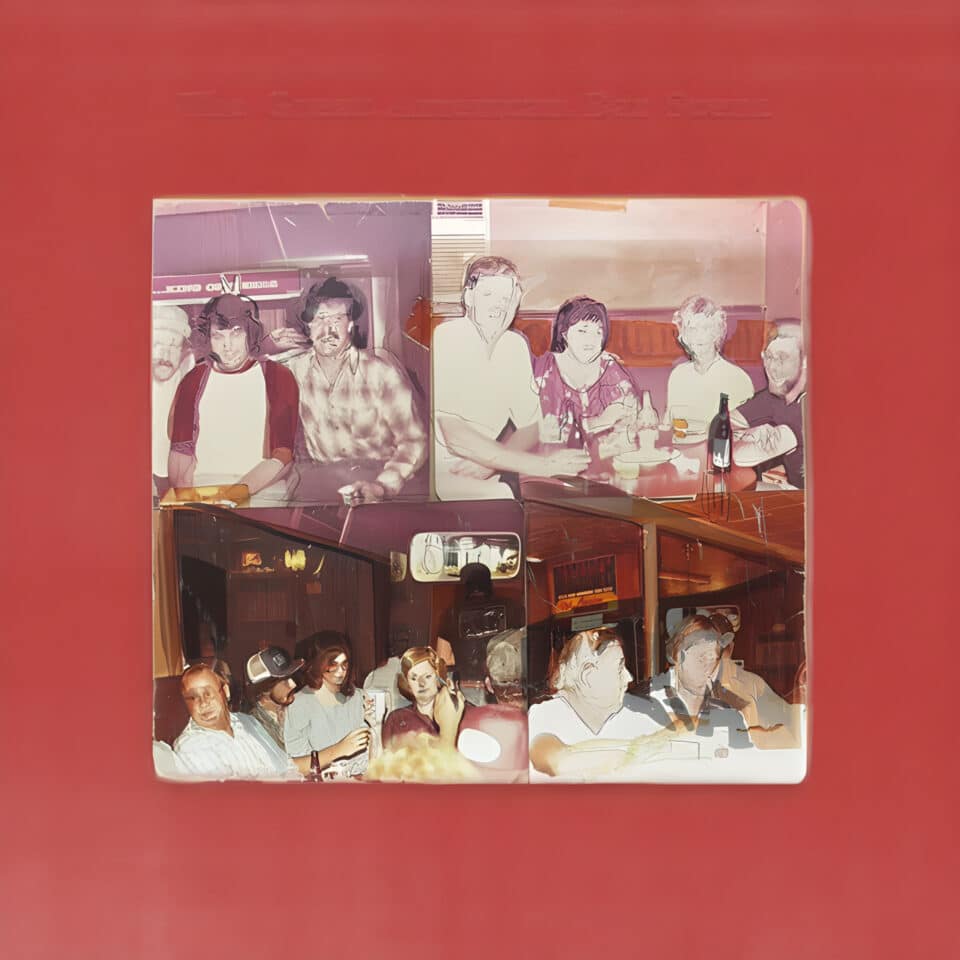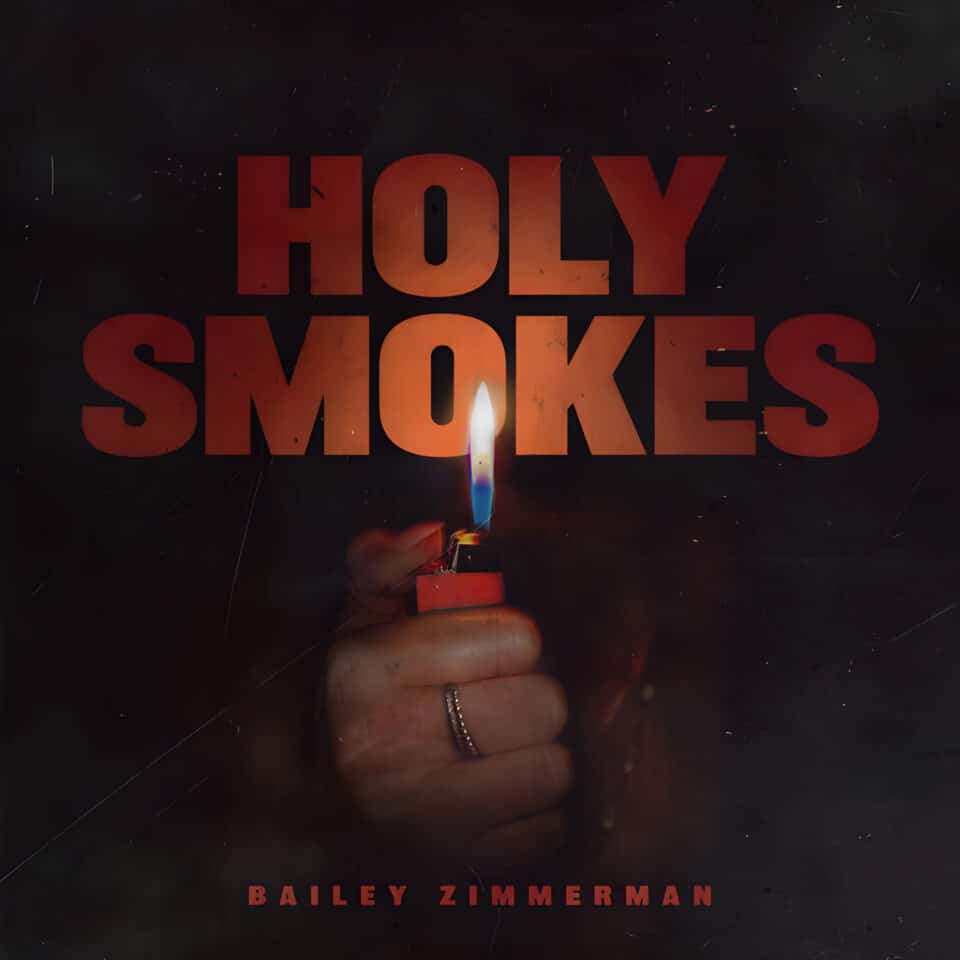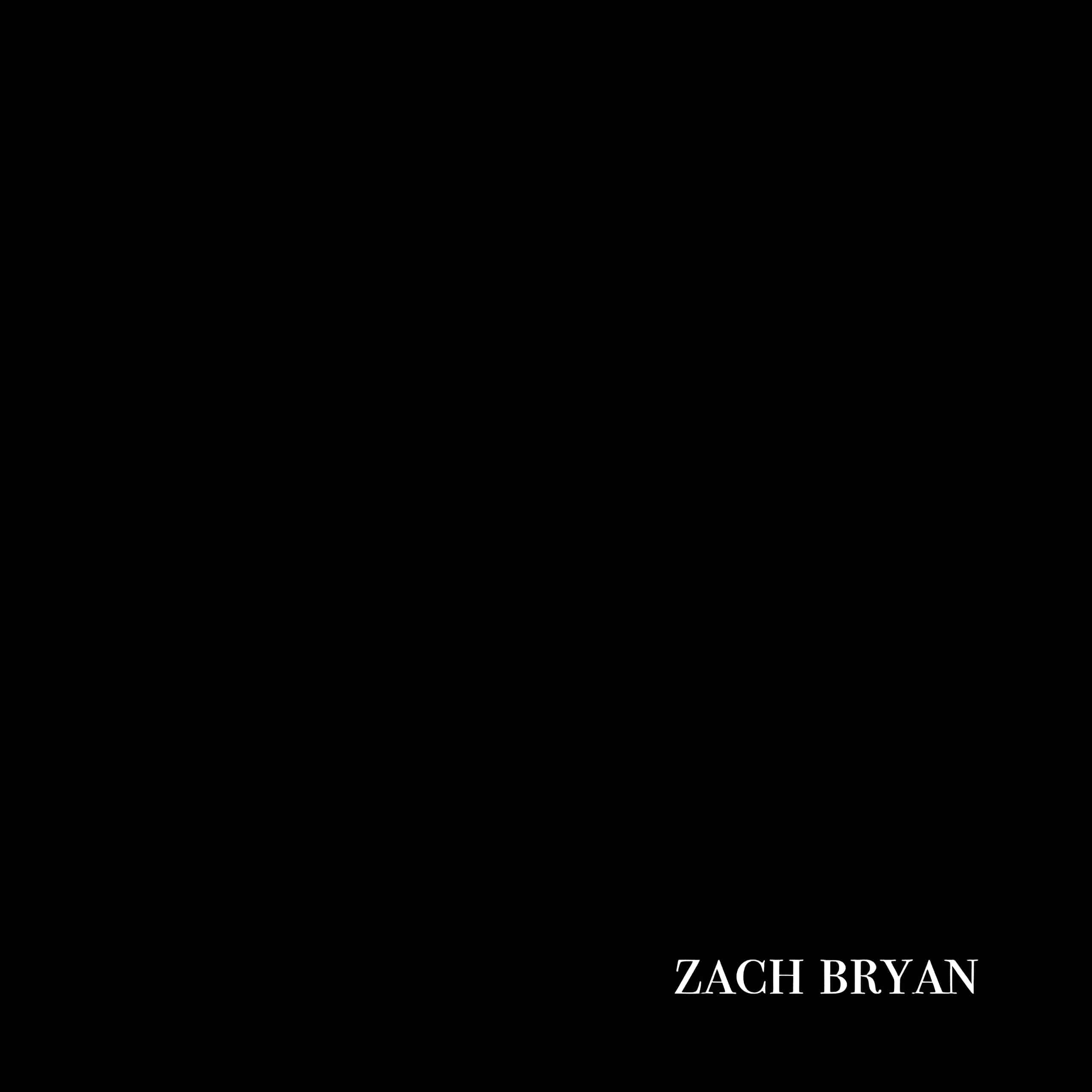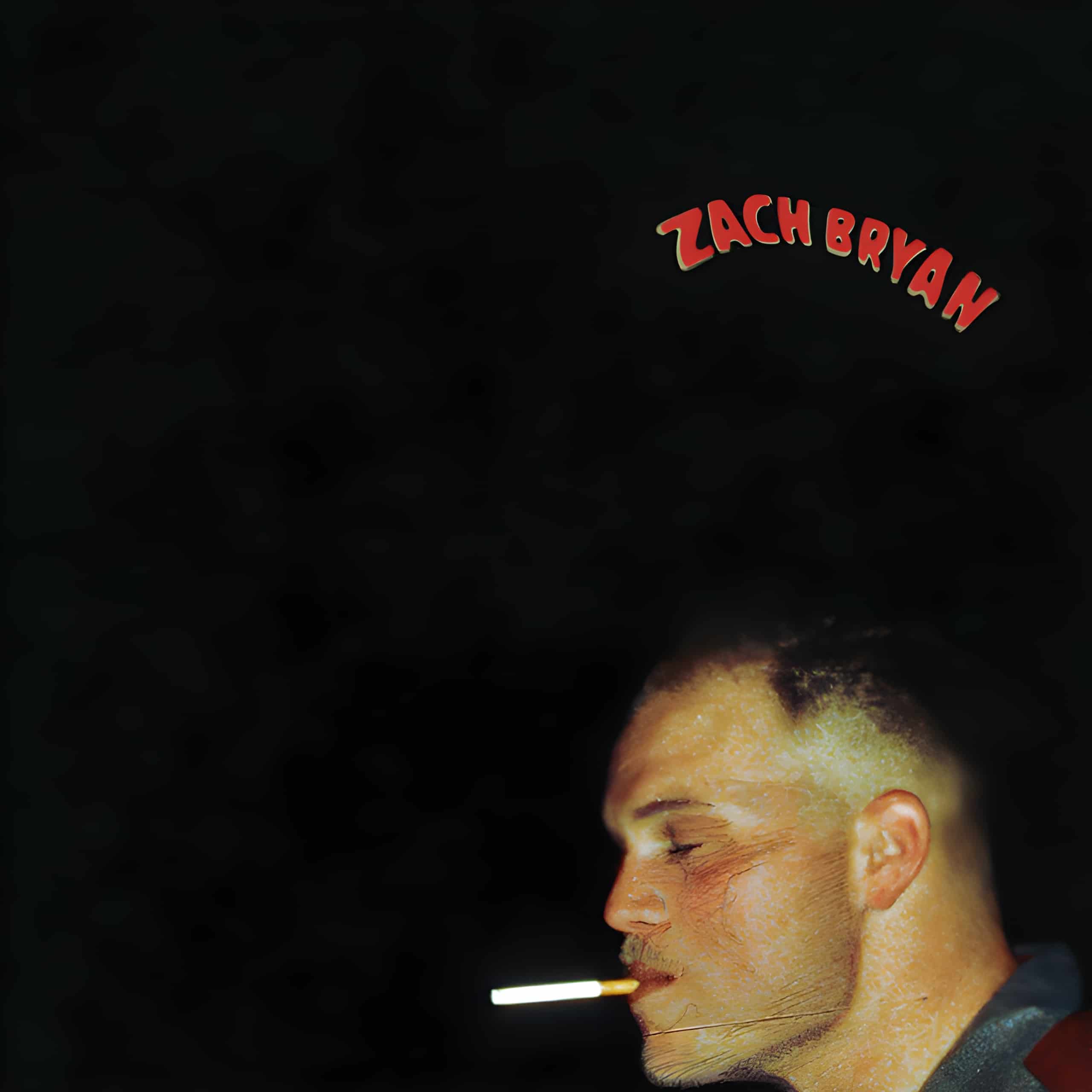Released: 2024
Zach Bryan’s ‘American Nights’ is a poignant ballad that paints a vivid picture of life in small-town America. It captures the essence of youthful rebellion, the harsh realities of war, and the struggles of everyday life, all set against the backdrop of a quintessential American summer.
The song opens with a serene scene of a man singing on a porch, and a woman with a ‘stone-cold face’. This sets the tone for the song, hinting at the hardships that lie beneath the surface of this idyllic setting. The ‘tan line’ that leads to a ‘gentle place’ could be a metaphor for the hidden vulnerabilities that people often conceal.
The chorus, ‘Wet, hot, American nights’ evokes the carefree spirit of summer nights, filled with adventure and youthful indiscretions. ‘Shake your body dry under coastline light’ suggests the joy of swimming at the beach and drying off under the warm glow of the setting sun. The repeated line about sneaking Fords to the shore and drinking a bottle ‘bone-dry’ reinforces this sense of youthful rebellion.
The verse about ‘Davey’ returning from his ‘first tour’ is a stark reminder of the harsh realities of war. The line ’20’s too young to nearly die’ underscores the tragedy of young lives disrupted by conflict. The sentiment ‘American boys are a friend of mine’ suggests a deep respect for those who serve their country.
‘Delco Danny’ is a character who’s fallen on hard times, resorting to cheating at a casino and suffering the consequences. This narrative shows the desperation some folks face, struggling to make ends meet in a harsh world.
The final verse about ‘Mary’ who got a job out of town signifies the escape from small-town life that many aspire to. The line ‘She’s tougher than my brother with her bald left hand’ suggests that Mary is a strong, resilient woman, perhaps more so than the men in her life.
The song concludes as it began, with the same serene scene, perhaps suggesting that despite the hardships, there’s a certain beauty and comfort in the familiarity of small-town life. The ‘stone-cold face’ of the woman could symbolize the resilience of the people in these communities, who endure their struggles with stoic grace.










